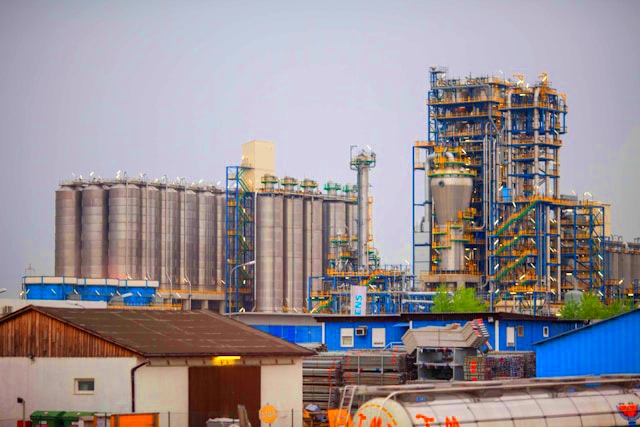The gasoline production unit at Nigeria’s Dangote refinery, one of Africa’s largest, may remain offline for up to three months, according to energy consultancy IIR Energy. The refinery, capable of processing 650,000 barrels per day, had its Residue Fluidized Catalytic Cracking Unit (RFCCU) shut down on August 29, with an initial plan to restart on September 20.
However, engineers may extend the shutdown to complete major repairs and replace critical equipment that were originally scheduled for December 2025. The refinery management has not yet commented on the development.
This interruption comes at a crucial time for Dangote, which had recently started shipping gasoline to international markets. Two cargoes bound for the U.S. East Coast are expected to arrive in New York later this month, marking a significant milestone for a refinery under close scrutiny for producing fuel that meets global standards.
The temporary shutdown could affect Nigeria’s fuel supply chain and has implications for domestic and international markets, highlighting the challenges of operating large-scale refinery infrastructure in the region.
Summary: Dangote refinery’s gasoline unit may be offline for 2-3 months due to maintenance and repairs. While it successfully shipped gasoline to the U.S., the delay in restarting production underscores operational challenges. Industry observers are watching closely as the refinery ramps up production to meet international standards.
Commentary: This development shows how even major industrial projects face logistical and maintenance hurdles. Investors and stakeholders should monitor updates, as the resumption of operations will impact fuel availability and pricing in West Africa and beyond.
Stay updated with the latest energy and business news to track the refinery’s progress and its effect on global fuel markets. Subscribe for alerts and in-depth analysis.
Related



